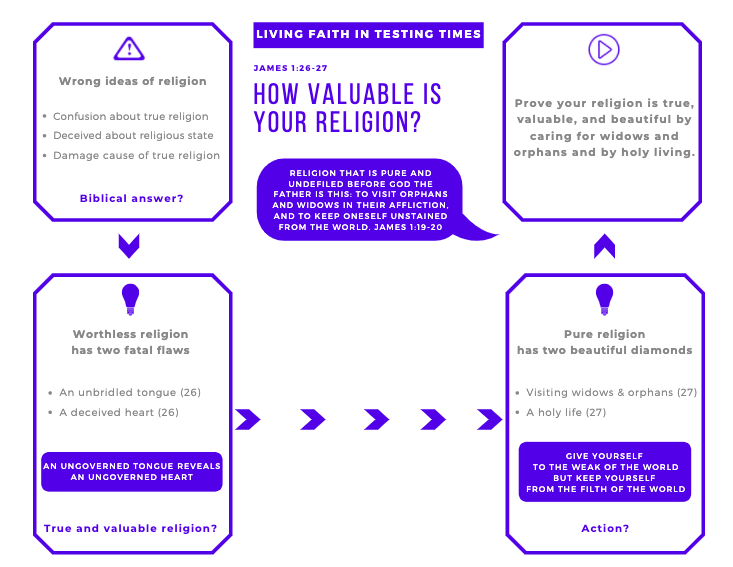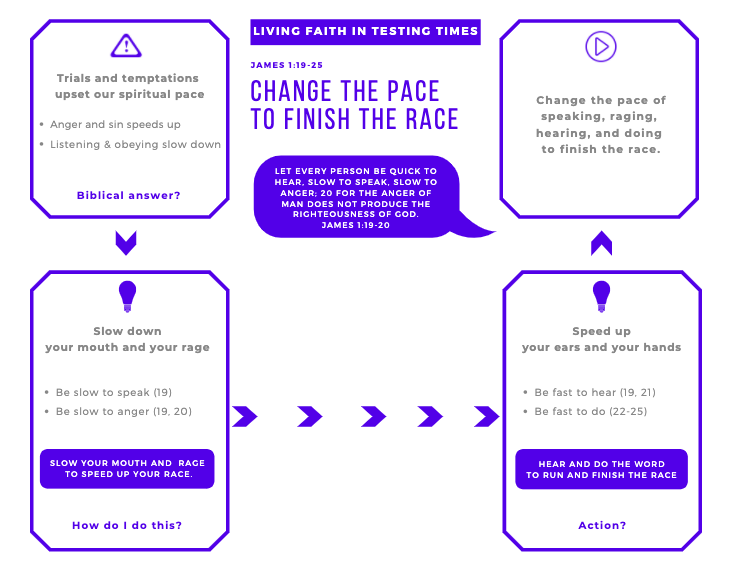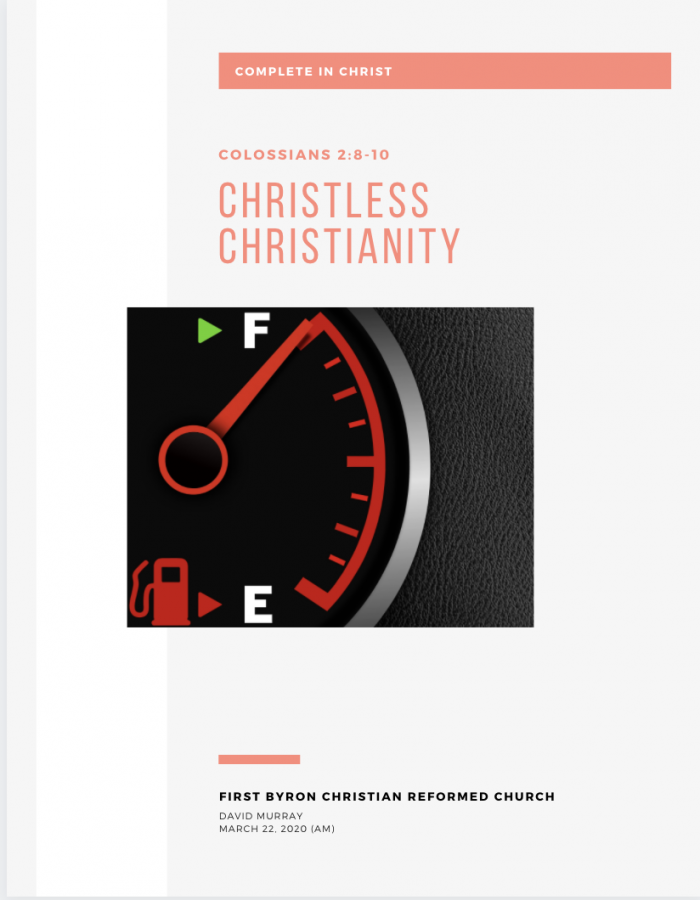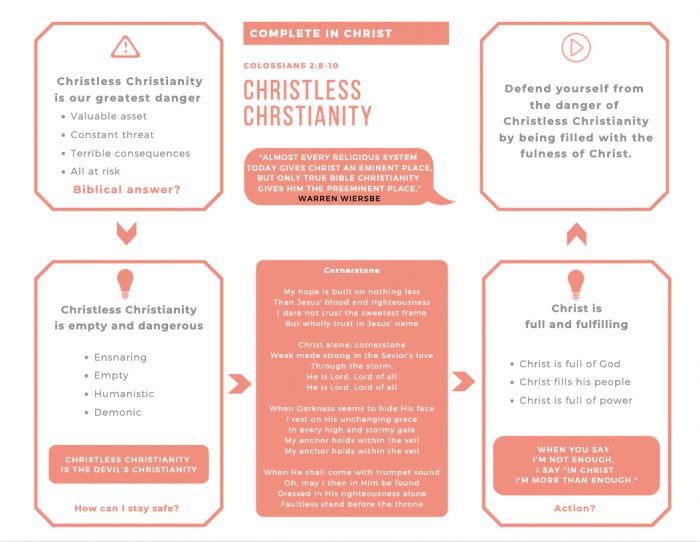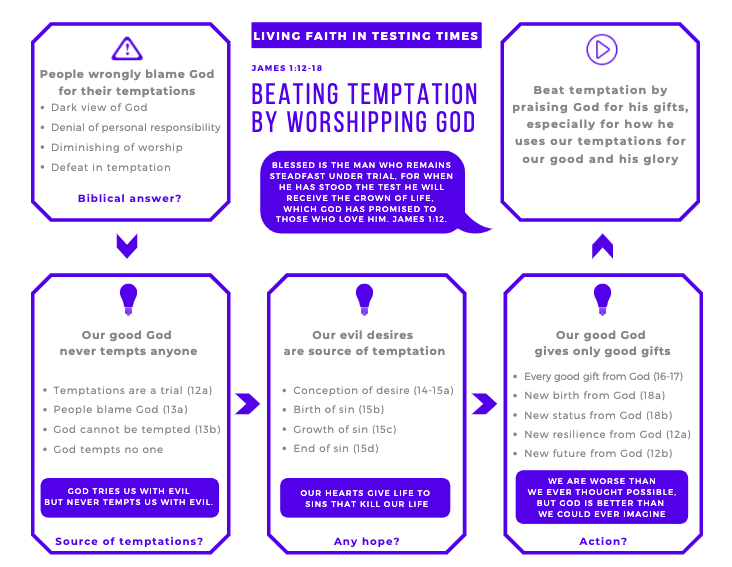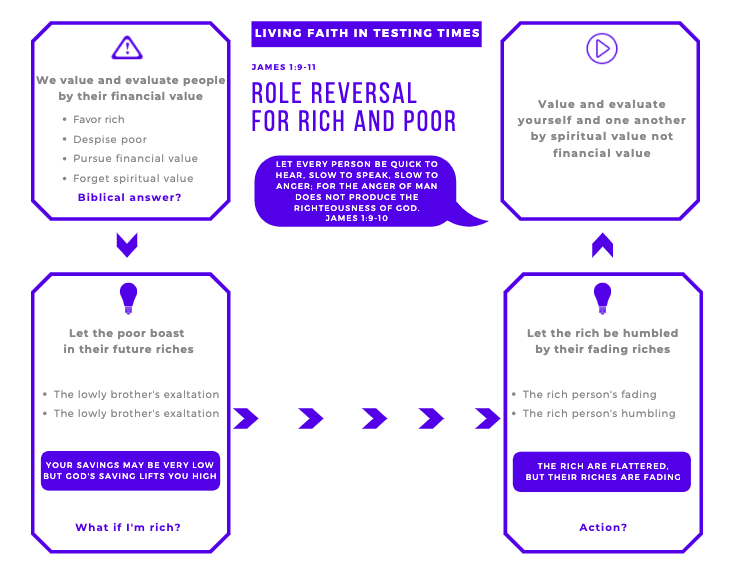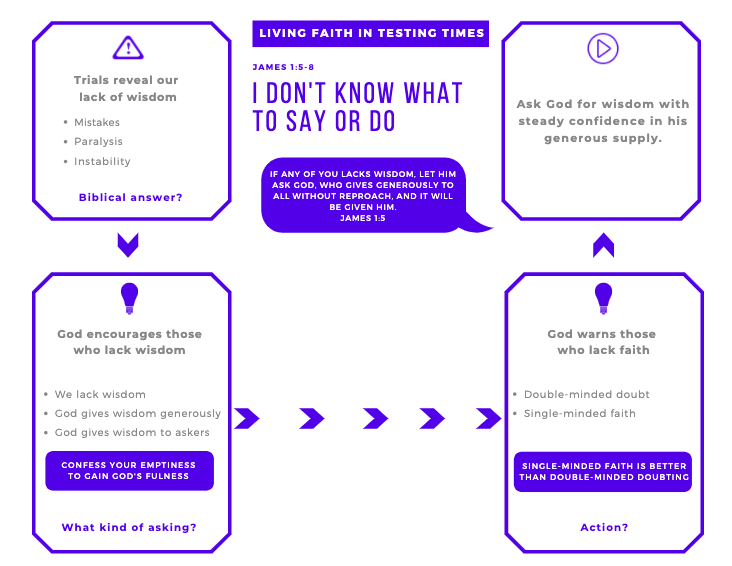So many wrong ideas of religion abound today. How do we know what is true and what is false religion? How do we know if we have true religion? These are difficult questions to answer today for three reasons.
- People are confused about what true religion is, leaving them in a state of uncertainty.
- People are deceived about their religious status, thinking they have something valuable when they don’t.
- People damage the cause of true religion, thinking they have something true beautiful when their words actions show it is false and ugly.
How do we get over these difficulties? Is there any way to know what is true and what is false religion? Is there any way to know if I have true religion? Yes, there is. In James 1:26 27, James helped his readers to distinguish between counterfeit and true religion in two ways.
1. WORTHLESS RELIGION HAS TWO FATAL FLAWS
“This person’s religion is worthless” (26). What characterizes this person with worthless religion? What devalues a person’s religion? There are two fatal flaws:
- The fatal flaw of an unbridled tongue: “If anyone thinks he is religious and does not bridle his tongue” (26). James pictures a tongue that is as uncontrolled and dangerous as a wild horse.
- The fatal flaw of a deceived heart: He “deceives his heart” (26). beautiful a person’s religion looks from the outside if the person’s heart is not right with God, if it’s all a pretense, an act, it’s got a fatal flaw in God’s eyes and is therefore ugly and unacceptable to him.
Summary: An ungoverned tongue reveals an ungoverned heart.
Question: That helps me to identify what’s false and worthless. But how do I know what’s true and valuable?
2. PURE RELIGION HAS TWO BEAUTIFUL DIAMONDS
Pure religion is defined by God. “Religion that is pure and undefiled before God the Father is this” (27). He then shines the spotlight on two beautiful gems.
- The beautiful gem of visiting widows and orphans: “To visit orphans and widows in their affliction” (27). In James’s day, they were widows and orphans. Today they may also include single parents and refugees.
- The beautiful gem of a holy life: “And to keep oneself unstained from the world” (27). James sees true religion as involved in this world but unspotted by the world. Getting our hands dirty but not our hearts.
Summary: Give yourself to the weak of the world, but keep yourself unspotted from the world.
LIVING THE BIBLE
Prove your religion is true, valuable, and beautiful by caring for widows and orphans and by holy living.
PRAYING THE BIBLE
God of truth, there are so many wrong ideas of religion around today.
Sometimes we are confused about what true religion is. We can even be deceived about our own spiritual state. We also grieve that so many claim to be Christians but their life contradicts their words and therefore damage true Christianity.
Steer us away from worthless religion by ridding us of the fatal flaws of an uncontrolled tongue and a deceived heart.
Steer us towards valuable religion by adorning us with the beautiful gems of caring for the weak and a holy life.
We see the truth, value, and beauty of Christ’s faith on earth by his perfect tongue, perfect heart, perfect care, and perfect life. What a beautiful savior he is!
Prove our religion true, valuable, and beautiful by giving us the grace to care for widows, orphans, single parents, and refugees, and by holy living. Amen.
Index to Living Faith in Testing Times series. Download Infographic here.
